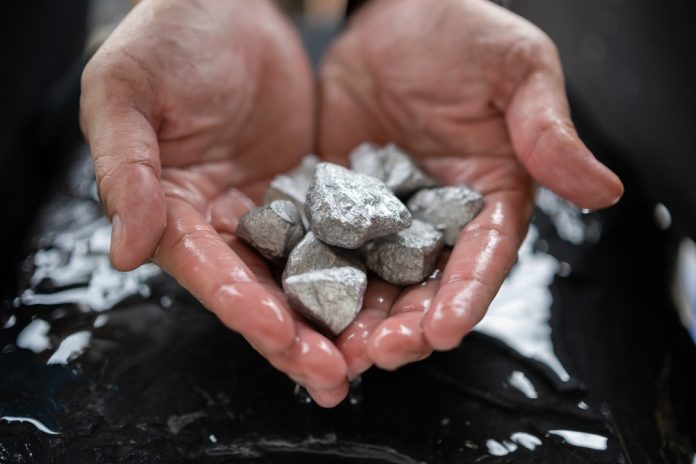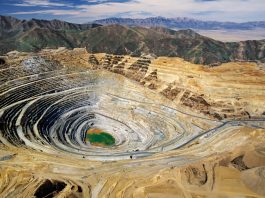The U.S Department of Energy (DOE) has announced $10m funding to support the nation’s critical mineral supply chains.
The investment will fund two projects spearheaded by the California Institute of Technology and the University of Utah that aim to reinforce US critical mineral supply chains to help drive the country’s green transition.
The project will help lower the costs and improve the sustainability of producing critical minerals, such as rare earth elements, from coal, coal wastes, and coal by-products.
Critical minerals are essential for developing a range of green technologies, including solar panels, wind turbines, electric vehicles, and hydrogen fuel cells.
To meet the growing demand for these technologies, projects such as these will be instrumental in the US reinforcing supply chains and reducing dependence on imports.
Secretary of Energy Jennifer Granholm commented: “President Biden’s Investing in America agenda is reducing the nation’s dependence on foreign supply chains by reimagining the use of coal waste and by-products as a domestic source of the critical minerals needed for clean energy technologies.
“The investments announced today will not only increase our national security and ensure a cleaner environment but will also help deliver high-quality jobs throughout the country.”
Reducing dependence on critical minerals imports
The US imports over 80% of its rare earth elements despite their natural abundance in domestic coal reserves, waste coal, and coal by-products.
With over 250 billion tonnes of coal reserves, 4 billion tonnes of waste coal, and 2 billion tonnes of coal ash, the DOE aims to utilise these secondary and unconventional resources.
This latest initiative seeks to establish US critical mineral supply chains, bolstering economic growth, clean energy deployment, and national security.
Overview of projects
Two projects have been selected to advance laboratory and bench-scale testing for improving the economic viability of rare earth elements and critical mineral separation and refining technologies.
These projects will utilise secondary and unconventional coal-based resources to produce rare earths and critical minerals for clean energy, national defence, and commercial products.
The California Institute of Technology will integrate both traditional and innovative methods to achieve high-purity rare earth elements and generate critical minerals.
The University of Utah will use advanced mineral and chemical separation technologies to produce high-purity rare earth oxides, salts, metals, and critical minerals from low-grade coal by-products.
These projects will be managed by the DOE’s National Energy Technology Laboratory (NETL) under the Office of Fossil Energy and Carbon Management (FECM).









